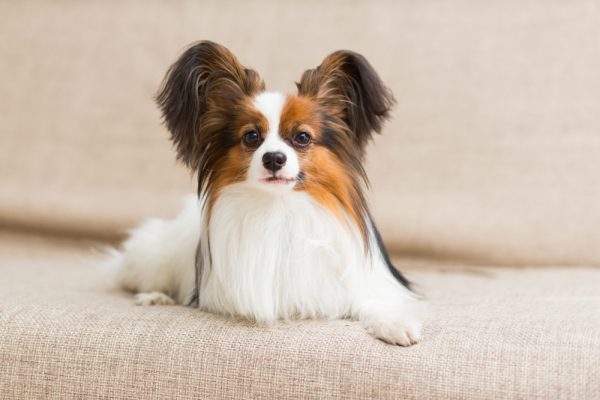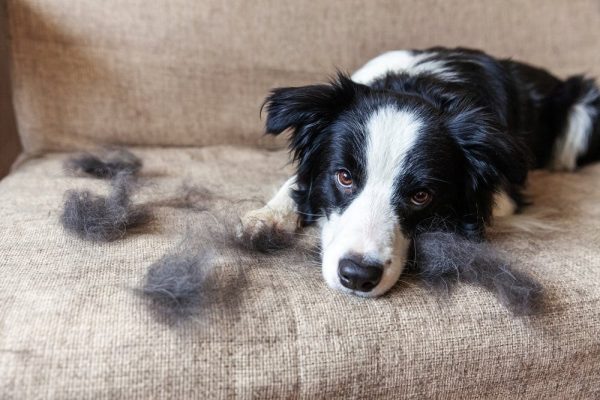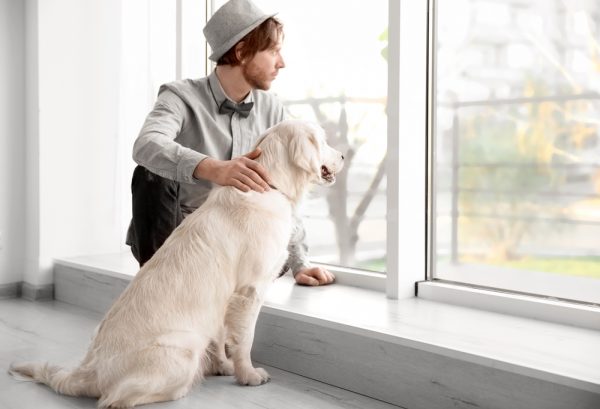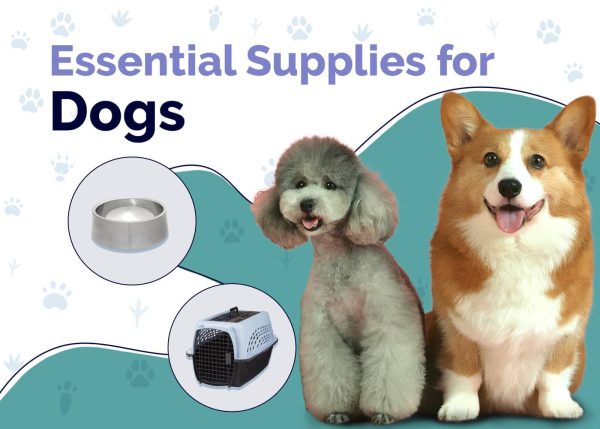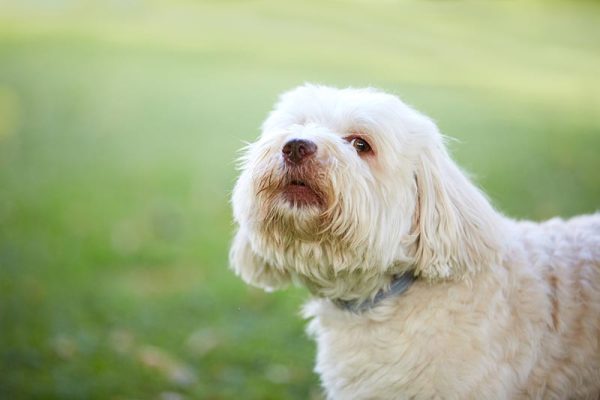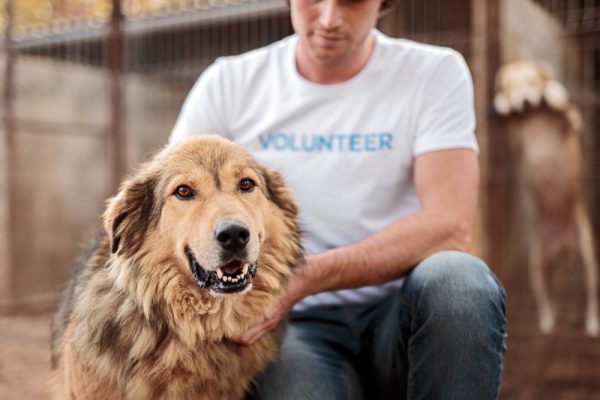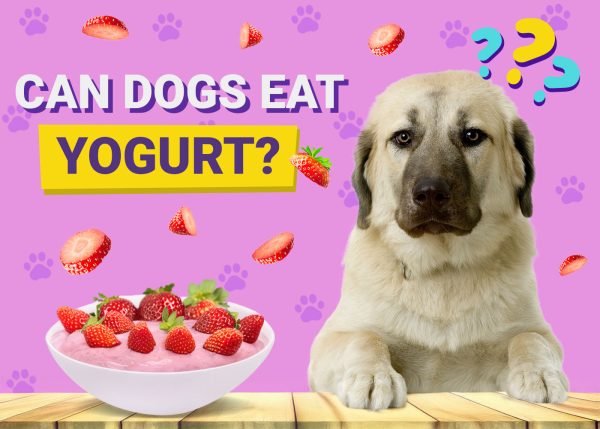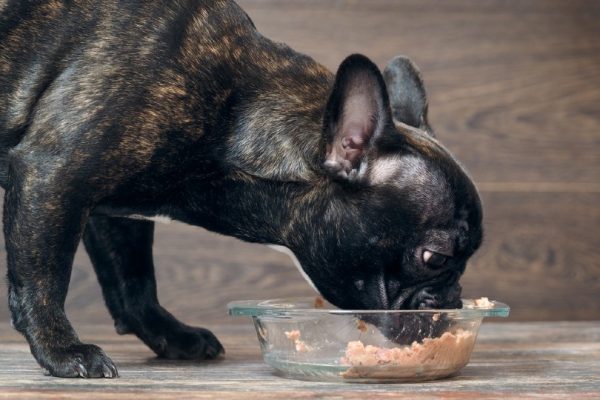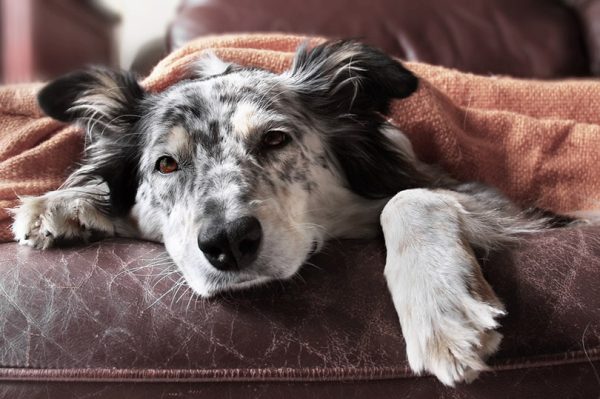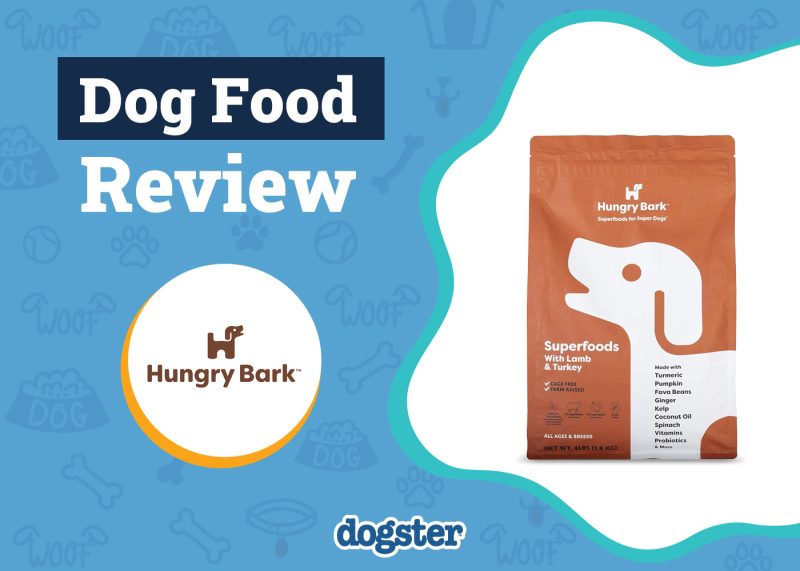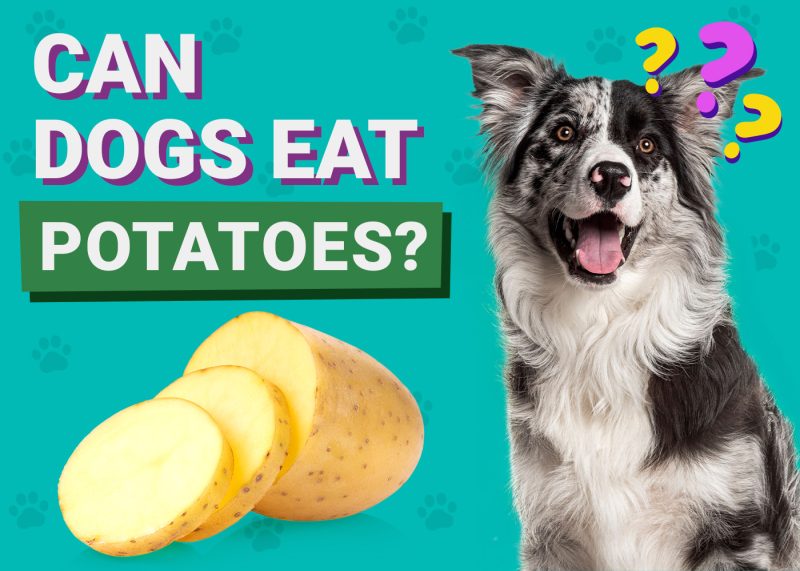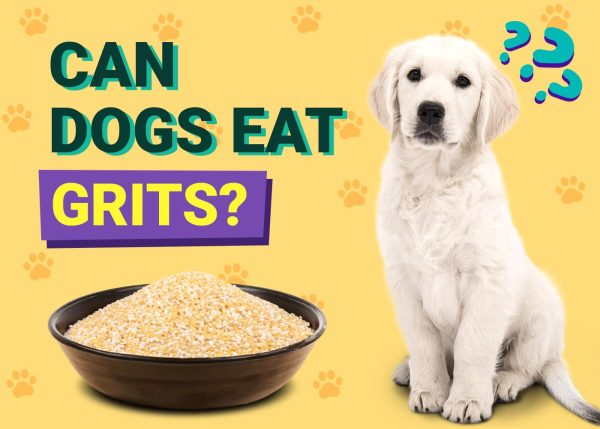In this article
View 4 More +I’m not a big popcorn lover, but my daughter is. And so is my dog Tula, based on the longing look in her eyes and the trail of slobber that escapes her mouth. My daughter is better trained than the dog, or she might just be unwilling to share her popcorn, but none of it reaches Tula’s mouth. This is fortunate because while plain, air-cooked popcorn is safe for dogs to eat in moderation, the same can’t always be said of processed, sweetened, salted, or oil-fried popcorn.
While your dog will likely be okay if it has eaten a single piece, you shouldn’t be giving this human food as a regular treat, unless it is air-popped and plain. Below, we look at commercially produced popcorn and why it isn’t the best snack option for your dog to eat. We look at whether there are any similar but healthier alternatives you can feed to your trusty canine companion.

Why Shouldn’t Dogs Eat Popcorn?
Whether dogs are allowed popcorn or not doesn’t have a particularly simple answer. If the popcorn is air-cooked, rather than cooked in oil, and it doesn’t contain any other additives, it can be a nice low-calorie treat for a precious pooch. It is not recommended that you give your dog any unpopped kernels because they can be hard and difficult to swallow so may pose a choking hazard to small dogs.
The problem is, rarely do we eat plain, air-fried popcorn.
Commercially bought popcorn is usually either sweetened or salted. Too much sugar or salt isn’t ideal for your dog and should be avoided. And, as is the recent popcorn trend, it could be flavored with a savory additive like garlic or onion powder, and these are toxic for dogs. If your dog has eaten popcorn with seasonings that may be toxic to dogs, you should contact your veterinarian for further advice.
If you need to speak with a vet but can't get to one, head over to PangoVet. It's our online service where you can talk to a vet online and get the advice you need for your pet — all at an affordable price!
The 4 Dangers of Feeding Popcorn to Dogs
Plain air-cooked popcorn is safe for dogs in moderation. After all, it is just corn. It contains several vitamins and minerals that are considered healthy for dogs including magnesium and zinc. This means if you make popcorn yourself and you cook it in the right way, a few pieces of popcorn are generally fine for your dog. However, plain and air-cooked is not how most people enjoy their popcorn.
Typically, we eat popcorn soaked in butter, coated in toffee, or loaded with sugar or salt. We might even add onion and garlic powder or chili seasoning to give it some extra flavor. While the popcorn might be safe, it is these seasonings that can cause major problems for dogs.
1. High In Salt
Dogs need salt in their diet, but too much can pose problems for the health of your canine companion, especially if they already have another problem such as kidney disease or heart disease. In a healthy dog with access to water, the likelihood that a few pieces of salty popcorn is going to cause a problem is very slim. A 20 pound dog would need to consume over half a tablespoon of salt to be in danger of salt toxicosis, but even so, salty human treats are best avoided in dogs. Symptoms of salt toxicosis include vomiting, diarrhea, tremors and shortness of breath.
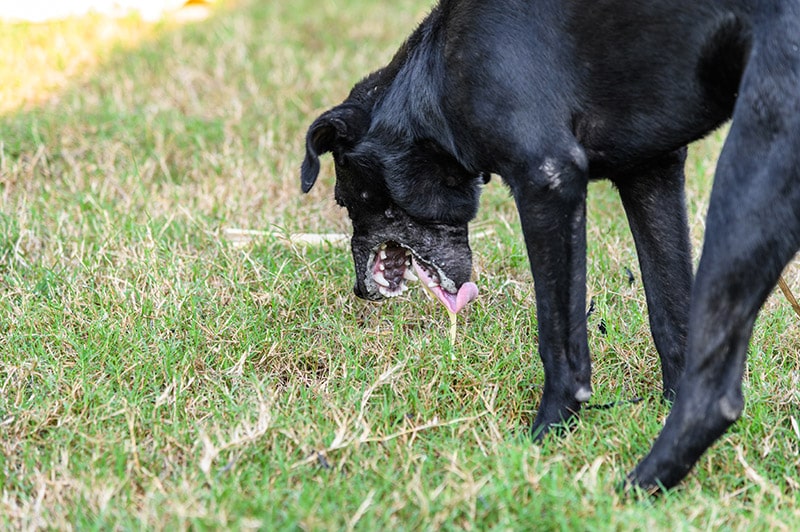
2. High In Sugar
For those who prefer their snacks sweet, popcorn can be loaded with toffee, sugar, or other sweetened toppings. In the short term, giving your dog too much sugar can cause mild gastrointestinal upset. In the long term, high sugar snacks are high in calories and can cause your dog to put on extra weight which may lead to obesity. Obesity brings a host of disease predispositions. It puts extra pressure on the joints and organs, so your dog may endure discomfort when walking and moving and will be more likely to develop osteoarthritis, heart conditions, and some cancers.
While it is easy for a dog to put on weight, it can be a lot more challenging to get that weight off, so giving highly calorific treats should be off the cards.
3. May Contain Other Additives
Sweet and salted popcorn aren’t the only two options. There is a growing range of gourmet popcorn options that include seasoning and flavorings. Some of the most common include cheese, garlic, and onion powders. Low calorie options may contain xylitol instead of sugar which is highly toxic to dogs. Xylitol causes glucose regulation to go haywire, leading to a life-threatening hypoglycemia in dogs.
Many dogs are lactose intolerant, so cheese powder can cause gastrointestinal upset. But this is nothing compared to the potential dangers of onion and garlic. Both onion and garlic are considered toxic to dogs and because the powdered forms of these ingredients are highly concentrated, it doesn’t take much before your dog suffers the effects.

4. Difficult to Digest
Even if you give plain popcorn to your dog, there is still one potential threat that exists. Typically, not all of the kernels pop fully during the cooking process. This leaves whole corn kernels in the bag or pan. Some of the kernels pop partially, leaving part of the kernel attached to the outside of the popcorn.
These whole and partial kernels can be sharp, which means they can injure the mouth or the throat, and they are very difficult to digest. They could even pose a choking hazard for a small dog.

Can Dogs Eat Corn on the Cob?
The corn itself is safe for dogs and is considered a healthy treat. Dogs tend to like it because it does have a sweet taste. However, the cob is very difficult to chew or digest and it can cause a serious digestive obstruction, so the corn should be removed from the cob before feeding.
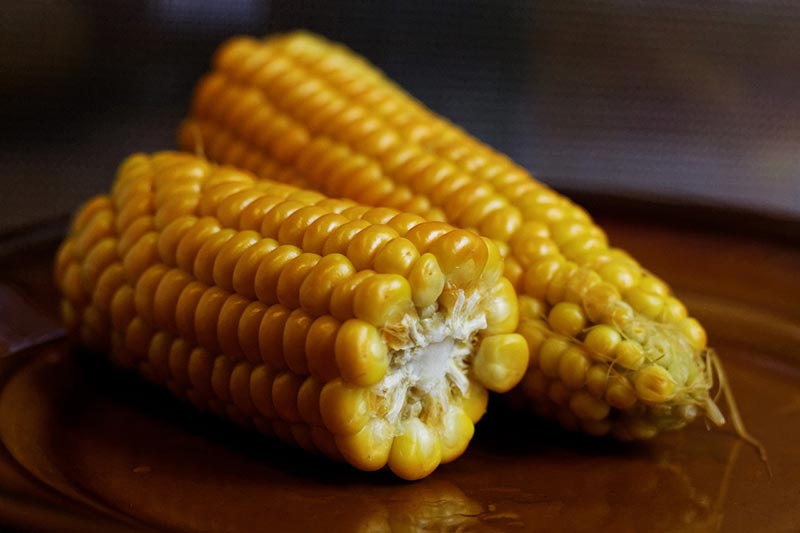
Can Dogs Eat Sweetcorn?
Sweetcorn is considered a healthy treat for dogs when fed in moderation. It is often found as an ingredient in commercial dog food. As above, though, you should ensure that the corn is removed from the cob before feeding because the cob itself can cause an obstruction.
Can Dogs Eat Corn Cakes?
At its most basic, a corn cake contains corn, cornmeal, flour, and eggs. In this form, it is safe to give to your dogs. However, as with a lot of foods, corn cakes usually contain additional ingredients. It is common to add onions and garlic, as well as salt, for example, and you shouldn’t feed any of these ingredients to your dog.
Can Dogs Eat Cornmeal?
Cornmeal is a flour made from dried corn. It is another ingredient that is considered a healthy snack for dogs, as it is easy to digest and contains a lot of protein and amino acids. It is often found in commercial dog foods. It has also been removed from the cob already, which means it does not pose a gastrointestinal blockage threat and it shouldn’t cause choking. However, plain cornmeal is very dry, and you will likely have to prepare it before feeding it to your pup.
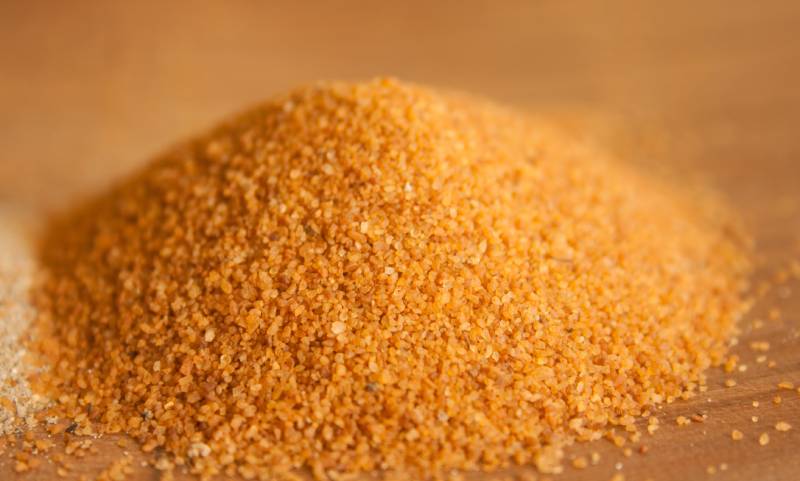

Conclusion
Popcorn is a tasty treat that many people enjoy eating. It is most commonly eaten while watching movies or TV, and it can be tempting to feed it to your dogs. However, unless it is plain and has been air-cooked, you should avoid feeding popcorn to your pups because it is usually coated in sweet or salty ingredients or may even be covered in onion and garlic powder, which are toxic to dogs.
A healthier alternative is to feed corn, but make sure that it is properly removed from the cob before feeding.
Featured Image Credit: Alex Munsell, Unsplash


